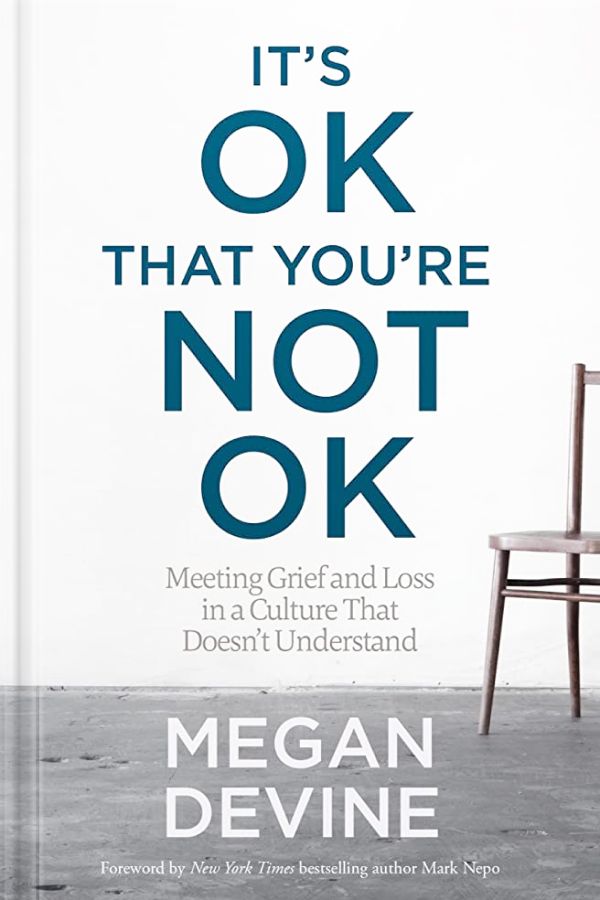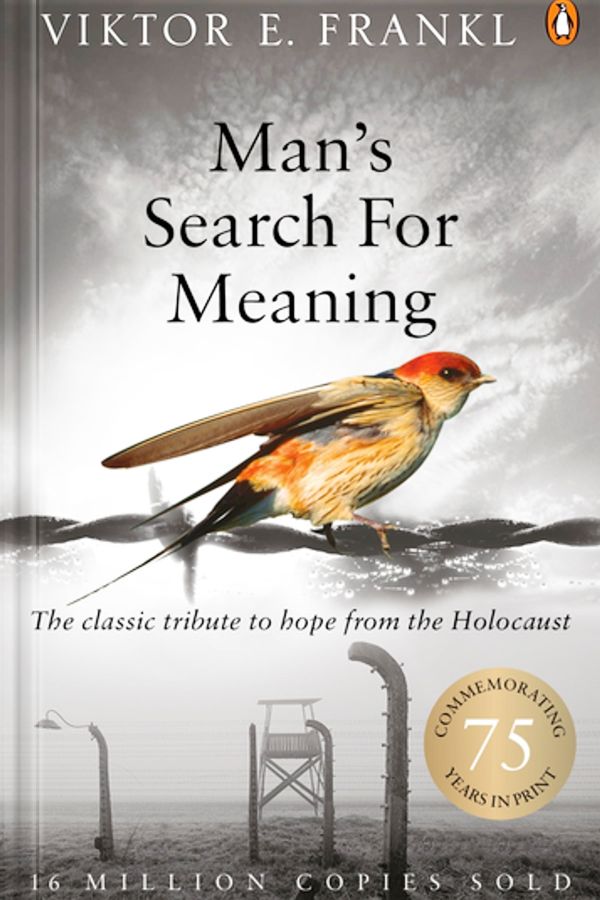
Psychology
It’s OK That You’re Not OK by Megan Devine
1—Grief belongs to the griever
Megan Devine rightly argues that grief is an intensely personal experience.
She emphasizes that when consoling someone in mourning, remember that your role is supportive. You cannot usurp the grieving process but can be a comforting presence.
"Your job, as a support person, is not to cheer people up. It's to acknowledge that it sucks right now, and their pain exists," Devine writes.
Your task is to validate their grief, not to remove it.
2—Stay present and state the truth
Staying present is one of the most potent ways to support a grieving friend. It involves acknowledging the rawness of their pain and resisting the temptation to make empty promises about the future.
Devine advises:
"Telling a story about the future is more about our discomfort than their well-being. It’s OK not to talk about the future. Be in this moment, this day. It’s where we actually live."
3—Do not try to fix the unfixable
When someone we care about is hurting, our instinct is to try and fix things. However, Megan Devine reminds us that it's crucial not to try to 'fix' their grief.
In her words:
"We run so quickly to the fix, because we do not want people in pain... Let them be in pain. It cannot be fixed."
4—This is not about you
Supporting someone through grief can be an emotional rollercoaster. Devine emphasizes the importance of self-awareness during this process.
She advises:
"Remember that your discomfort is small compared to their grief. Let your friend have their feelings, and you have yours, separately."
5—Anticipate, don't ask
Instead of waiting for a grieving friend to reach out, Devine recommends offering specific, proactive help.
She suggests:
"Do not wait for a friend to ask for help. It is far better to make offers: 'I will bring dinner over tomorrow night. Does 6 p.m. sound good?'"
6—Do the recurring things
You can provide practical support for your grieving friend by taking care of everyday tasks.
Devine notes:
"You can't lessen their emotional suffering, but you can lessen the burden of 'normal' life requirements."
7—Tackle projects together
Devine highlights the importance of collaborative effort in dealing with complex tasks that may arise during grief.
She writes
"Your friend does not need advice. They need support, assistance, and companionship. Being there alongside them is what truly matters."
8—Love
Above all, Devine emphasizes the power of love in times of sorrow.
"Love in action is listening, being there, and being present. Love is the one thing that lasts," she reminds us.
9—Loss of Friendships
Devine cautions that grief may lead to unexpected relationship changes, adding a layer of pain.
"The secondary losses in grief, including friendships, can feel like a betrayal. It's important to remember: you are not alone, and it's okay to grieve these lost connections, too," she advises.




















